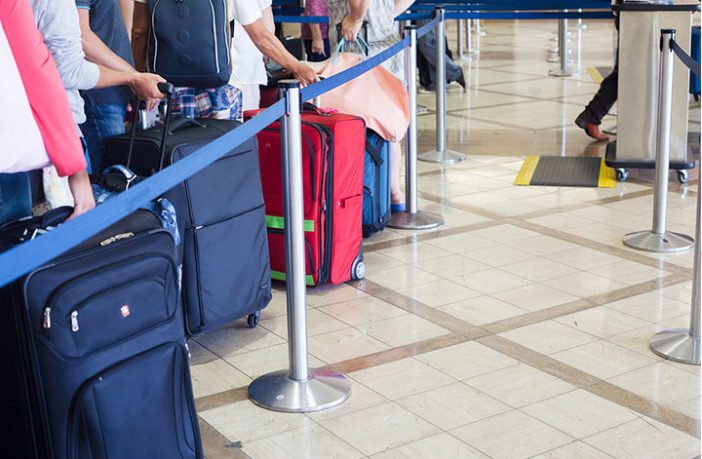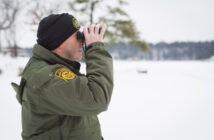As America clamps down on non-essential travel within its borders, transcontinental flights continue to arrive from nations suffering coronavirus outbreaks.
In the two months since President Donald Trump imposed a travel ban on China, 279 flights from that country have landed in Los Angeles, San Francisco and New York. What’s worse, The New York Times reports that passenger health screenings have been “uneven.”
About 60 percent of travelers on direct flights from China were not American citizens. Most of the planes were operated by Chinese airlines after American carriers halted theirs.
With 182 countries reporting confirmed cases, COVID-19 is an airborne scourge in more ways than one. Hong Kong, Taiwan and Singapore, which largely contained the initial outbreaks, are now encountering a second wave. Taiwan said last week 283 of its 329 new cases were imported. This triggered tighter restrictions on flights to the island.
World health officials now estimate that up to one-quarter of COVID-infected people may never exhibit any symptoms of the disease. This is more compelling evidence that 14-day quarantines of symptomatic air travelers are not nearly enough.
In an observation that’s truer now than ever, FAIR noted last month:
“Most of the recent debate on immigration and border security has focused on protecting the American public from terrorism and transnational crime. However, lax immigration enforcement also exposes the American public to the threat of infectious disease outbreaks. Border security is public health security.”
With the coronavirus scourge spreading across the globe, more than 130 countries have introduced entry restrictions at their borders, according to the International Organization for Migration. Yet many of those regulations – like the U.S. “travel ban” on China and European countries – are riddled with loopholes, exemptions and loose screening protocols.
Passengers arriving from Europe in mid-March told reporters that they received detailed instructions at foreign airports on what to do if they visited hot spots like China, but were sent on their merry way by Customs and Border Protection once they arrived in the U.S.
As long as Americans remain under orders that limit movement in their own communities, the federal government must get serious about securing our national borders. Locking down U.S. cities is a futile containment strategy unless we have a reliable method for screening people and imposing quarantines. Otherwise, airlines will continue flying in the virus.




